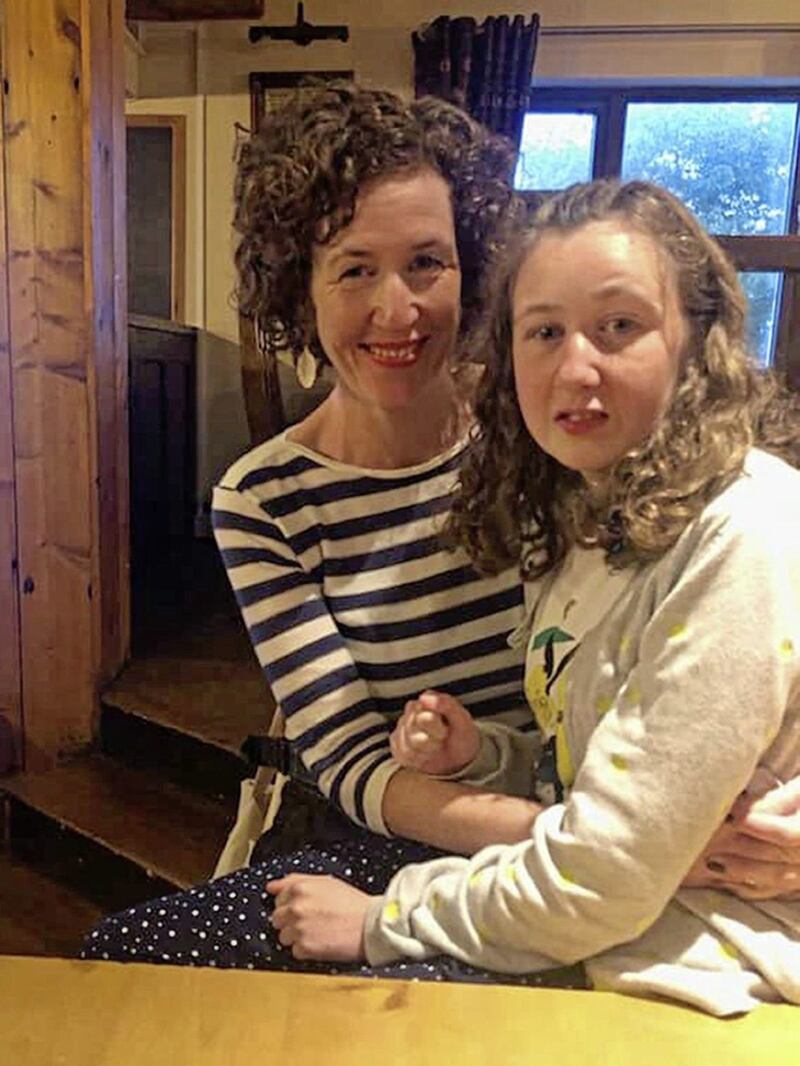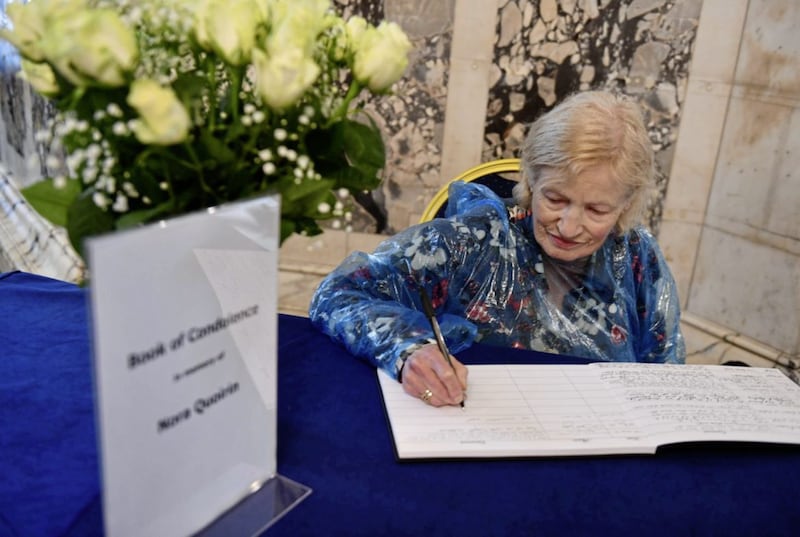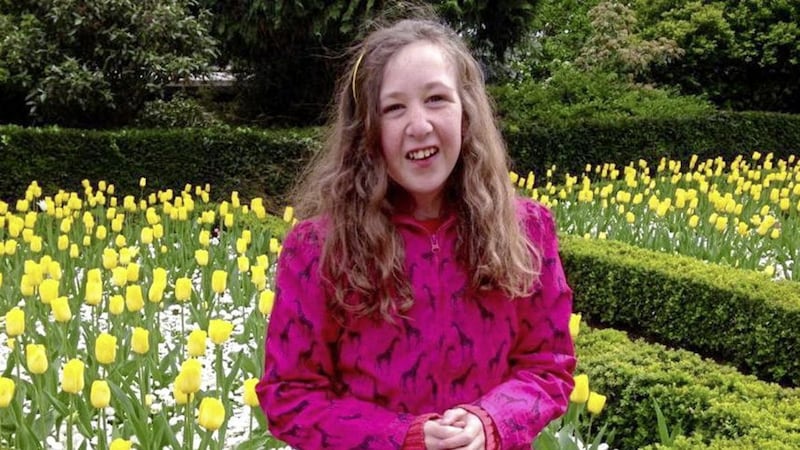Missing 15-year-old Nóra Quoirin likely starved to death after spending a week in the Malaysian jungle on her own, police have said.
The teenager, who was born with the brain defect holoprosencephaly and was described by her family as "vulnerable", went missing from the resort of Dusun on Sunday August 4.
Her unclothed body was discovered on Tuesday some 1.6 miles away and she had died between two and four days earlier, a post-mortem examination revealed.
A police chief told reporters that no evidence of abduction or kidnapping had been uncovered "for the time being".
Read More
- Prayers offered as body of Nora Quoirin found in Malaysian jungle
- Tragic end of search marks beginning of every parent's worst nightmare
Her remains were found by volunteer searchers beside a small stream in an area that rescuers had already looked at.
She had been on holiday with her parents and two siblings.
Two days after Nóra went missing, her family said they did not think she would have wandered off alone and believed she had been abducted.
The Quoirins said her condition meant she was not independent and had difficulty walking.

But Negeri Sembilan state police chief Mohamad Mat Yusop said on Thursday that the post-mortem examination had found no evidence that the teenager had been abducted or raped.
He said: "For the time being, there is no element of abduction or kidnapping."
He said she had died between two and four days previously, from intestinal bleeding, most likely due to starvation and stress.
He added: "The cause of death was upper gastrointestinal bleeding due to duodenal ulcer, complicated with perforation ... it could be due to a lack of food for a long period of time and due to prolonged stress."
He added that there were some bruises on her legs but that these would not have caused her death.
Read More
- Belfast priest describes Nóra as 'a child of our faith community'
- Nóra's family say 'Our hearts are broken'
Further analysis is due to be carried out on samples taken from her body, he said, adding that Nóra's family are now free to take her back home.
Nóra had lived in London and was the daughter of French-Irish parents Meabh and Sebastien Quoirin.
Ahead of the post-mortem findings, the Paris prosecutor's office said it had opened a preliminary investigation into the teenager's death, on potential charges of kidnapping and sequestration.
After her body was found, her family said their "hearts are broken" and paid tribute to her as "the truest, most precious girl".
They said Nóra, had "truly touched the world" after her disappearance sparked a huge search operation in Malaysia and good wishes from across the globe.
A book of condolence was opened on Wednesday at the City Hall in Belfast, where Mrs Quoirin is from, with Lord Mayor of Belfast John Finucane the first to sign it.
He said the teenager's death was "heart-breaking", and praised the "clear and positive" show of solidarity from the Belfast public.
A special service was held earlier in the week at the south Belfast church where Nóra was baptised and where her grandparents are parishioners.



